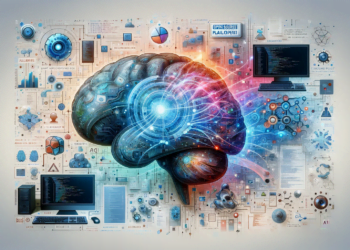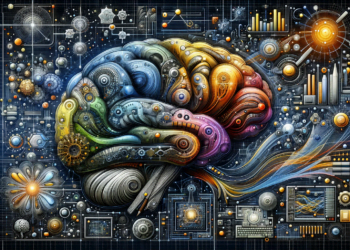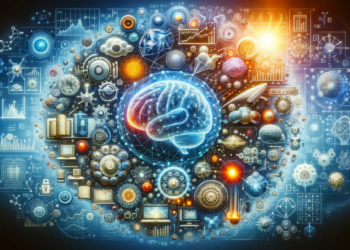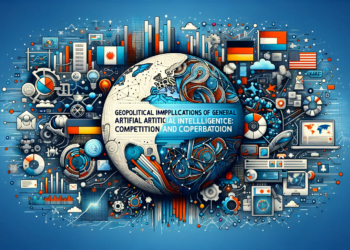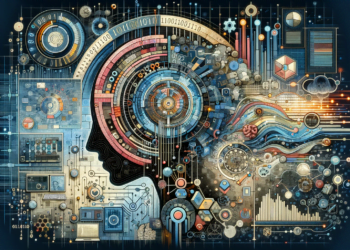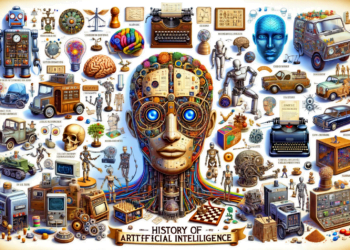General artificial intelligence (AGI) is a field that challenges the boundaries of computational understanding by aiming to develop systems with the ability to learn and apply intelligence across a wide variety of tasks, much like humans do. One of the most intriguing aspects of AGI is its creative potential, a topic that stimulates both curiosity and controversy in the scientific and artistic community.
AI Creativity: Definition and Conceptual Challenges
To delve into machine creativity, it is imperative to first establish what “creativity” means from a computational perspective. Traditionally seen as a human attribute, creativity involves generating ideas or products that are both novel and valuable. Csikszentmihalyi’s systems model of creativity reveals that these systems must include a domain, an individual, and a field that validates novelty. Translated to AGI systems, algorithms must not only generate novel content but also receive and process feedback from an audience or system that judges its value.
Advances in Generative Models
A prominent example of artificial creativity can be seen in generative models such as Generative Adversarial Networks (GANs). Here, two neural networks, a generator, and a discriminator, work in tandem: the generator creates works (images, music, text, etc.), while the discriminator evaluates their authenticity. The evolution of GANs has allowed the generation of digital art that, at times, is indistinguishable from human-made work.
Additionally, Transformers, like OpenAI’s GPT-3, have established new standards in text generation in a surprisingly human and creative manner. Such models have demonstrated the ability to write poetry, compose music, and even generate programming code with a significant degree of novelty and usefulness.
Evaluating Creativity
The challenge lies in evaluating machine creativity. How can we determine what is truly novel or valuable? The measurement of artificial creativity relies on metrics like originality, flexibility, fluency, and elaboration, all emulating criteria applied to human creativity. These criteria are beginning to be encoded within algorithms capable of discriminating between the banal and the innovative.
Contextualization and Domain Transfer
Creativity doesn’t happen in a vacuum. It requires context and prior knowledge, and in this regard, reinforcement learning and long short-term memory neural networks (LSTMs) have shown remarkable progress. AGI agents have been taught to learn from their environment and apply this learning in creatively solving problems. Learning transfer is becoming a key area of interest as it allows machines to apply knowledge from one domain to another entirely different, an essential feature of human creative flexibility.
Limitations and Ethical Perspectives
However, AGI’s creativity encounters limitations in the current inability of machines to have subjective and emotional experiences. Furthermore, ethical dilemmas arise over the intellectual property of creations generated by artificial intelligence and their authenticity.
Case Studies: AI in Art and Science
Case studies have set milestones by allowing AGI to integrate into artistic creation processes, as with “The Next Rembrandt,” where an AI analyzed Rembrandt’s work to create a new piece. In science, AGI has conceived innovative solutions to complex problems, such as modeling new proteins in DeepMind’s AlphaFold project.
Conclusions and Future Projections
AGI is reshaping the landscape of creativity, showing that, with the right parameters, machines can produce original and valuable works. The interaction between AGI systems and human creative contexts is also fostering new forms of collaboration.
In conclusion, while machine creativity is still in its infancy compared to human creative experience, it exemplifies the potential AGI has to radically transform entire sectors of society. Continued research in generative models, a deep understanding of context, and learning transfer, along with the conscientious management of the ethical implications of artificial creation, are the path to a future where creativity will not be exclusive to biology but shared with silicon.


